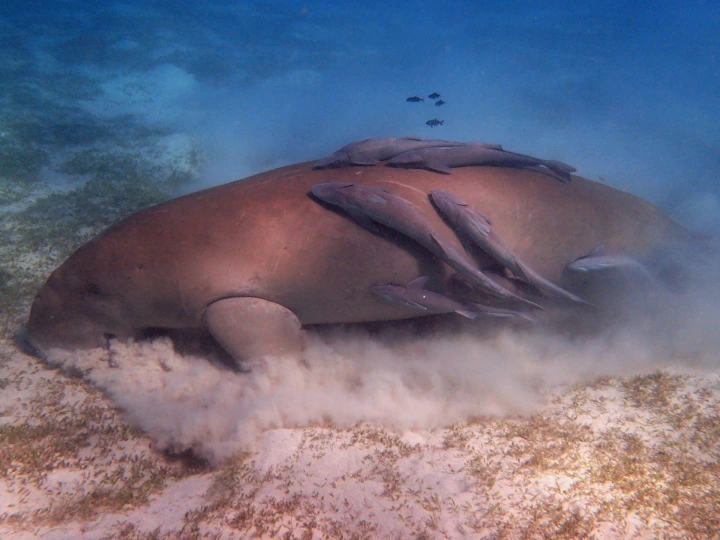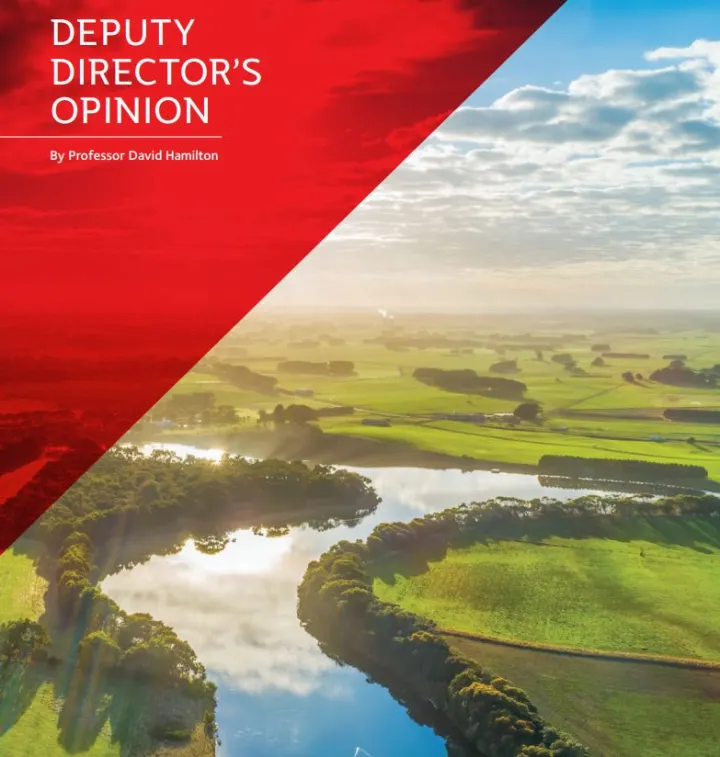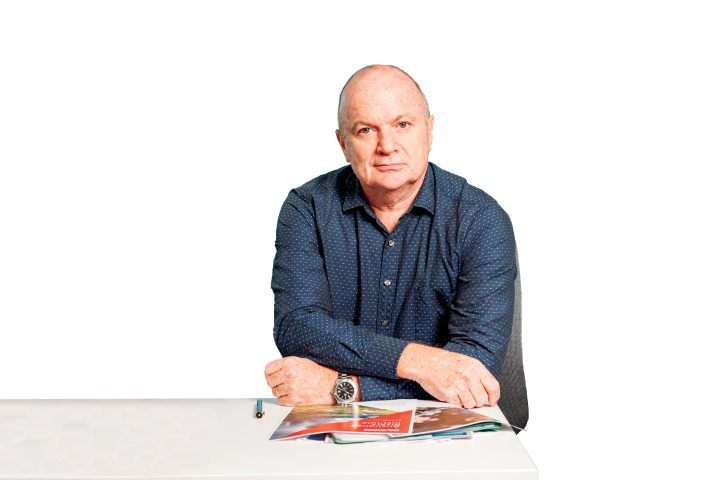
"Restoration without animals is like gin and tonic without the gin; there’s something important missing, it doesn’t quite work, and it’s unlikely to achieve the desired outcome."
Stories of science from the Australian Rivers Institute

By Deputy Director David Hamilton Read Time: 421 words, 5 minutes. Recent funding from Water Research Australia to support a consortium of researchers to work on the effect that low reservoir levels has on water quality is providing impetus to better understand the effects of climate change of water storages. These storages are vital for [...]

Australian Rivers Institute Director Professor Stuart Bunn. Photo Australian Rivers Institute. Author: Australian Rivers Institute Director Stuart Bun Magazine Link: Magazine - Read Time: 711words, about 6 minutes. After an unavoidable delay, I welcome you to this edition of the Australian Rivers Institute Magazine. Looking back over the past year, it is quite remarkable to [...]

"Seagrasses are flowering plants that live submerged in salty water and perform vital ecosystem services that help us and the food-webs that rely on them. For example, seagrasses capture and store more atmospheric carbon (per unit area) than many terrestrial plants, they act as nursery areas for important fishery species, and provide coastal protection against things like erosion and storm surges," Dr Ryan Pearson.

Author: PhD Alyssa Giffin Read Time: 872 words, about 6 minutes. Welcome to part one of the five-part Transition article series, the sequel to the Emergent series, that follows ARI’s Post-Doc Research Fellows as they navigate the next stage of their academic journey post-PhD. Take a journey with them and hear about some of the [...]

Dr Ryan Pearson Read Time: 419 words about 3 minutes. A nesting loggerhead turtle (Caretta caretta) with barnacles growing on her head. Photo: Ryan Pearson. In February 2016, a female loggerhead sea turtle dubbed ‘Marloo’ had a satellite transmitter attached to her shell on a beach south of Exmouth, Western Australia by the Gnaraloo wilderness [...]